Lewis Raven Wallace - The View from Somewhere: Undoing the Myth of Journalistic Objectivity
Here you can read online Lewis Raven Wallace - The View from Somewhere: Undoing the Myth of Journalistic Objectivity full text of the book (entire story) in english for free. Download pdf and epub, get meaning, cover and reviews about this ebook. year: 2019, publisher: University of Chicago Press, genre: Art / Science. Description of the work, (preface) as well as reviews are available. Best literature library LitArk.com created for fans of good reading and offers a wide selection of genres:
Romance novel
Science fiction
Adventure
Detective
Science
History
Home and family
Prose
Art
Politics
Computer
Non-fiction
Religion
Business
Children
Humor
Choose a favorite category and find really read worthwhile books. Enjoy immersion in the world of imagination, feel the emotions of the characters or learn something new for yourself, make an fascinating discovery.
- Book:The View from Somewhere: Undoing the Myth of Journalistic Objectivity
- Author:
- Publisher:University of Chicago Press
- Genre:
- Year:2019
- Rating:3 / 5
- Favourites:Add to favourites
- Your mark:
The View from Somewhere: Undoing the Myth of Journalistic Objectivity: summary, description and annotation
We offer to read an annotation, description, summary or preface (depends on what the author of the book "The View from Somewhere: Undoing the Myth of Journalistic Objectivity" wrote himself). If you haven't found the necessary information about the book — write in the comments, we will try to find it.
At its core, this is a book about fierce journalists who have pursued truth and transparency and sometimes been punished for itnot just by tyrannical governments but by journalistic institutions themselves. He highlights the stories of journalists who question objectivity with sensitivity and passion: Desmond Cole of theToronto Star;New York Timesreporter Linda Greenhouse; Pulitzer Prize-winner Rachel Kaadzi Ghansah; Peabody-winning podcaster John Biewen;Guardiancorrespondent Gary Younge; formerBuzzfeedreporter Meredith Talusan; and many others. Wallace also shares his own experiences as a midwestern transgender journalist and activist who was fired from his job as a national reporter for public radio for speaking out against objectivity in coverage of Trump and white supremacy.
With insightful steps through history, Wallace stresses that journalists have never been mere passive observersthe choices they make reflect worldviews tinted by race, class, gender, and geography. He upholds the centrality of facts and the necessary discipline of verification but argues against the long-held standard of objective media coverage that asks journalists to claim they are without bias. Using historical and contemporary examplesfrom lynching in the nineteenth century to transgender issues in the twenty-firstWallace offers a definitive critique of objectivity as a catchall for accurate journalism. He calls for the dismissal of this damaging mythology in order to confront the realities of institutional power, racism, and other forms of oppression and exploitation in the news industry.
Now more than ever, journalism that resists extractive, exploitive, and tokenistic practices toward marginalized people isnt just importantit is essential. Combining Wallaces intellectual and emotional journey with the wisdom of others experiences,The View from Somewhereis a compelling rallying cry against journalist neutrality and for the validity of news told from distinctly subjective voices.
Lewis Raven Wallace: author's other books
Who wrote The View from Somewhere: Undoing the Myth of Journalistic Objectivity? Find out the surname, the name of the author of the book and a list of all author's works by series.

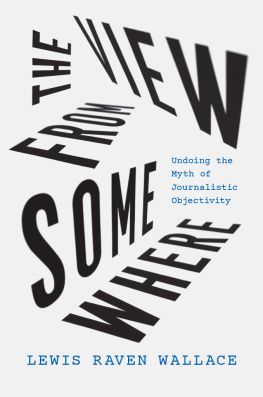


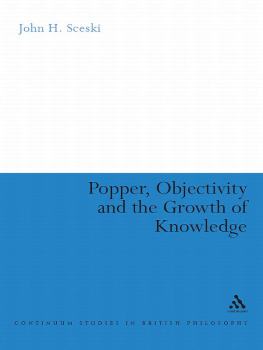
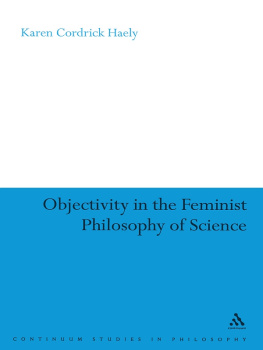
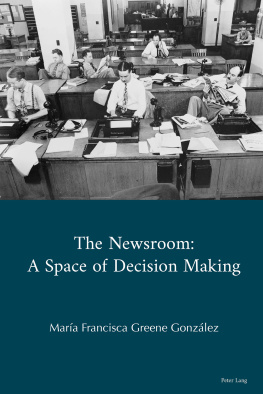
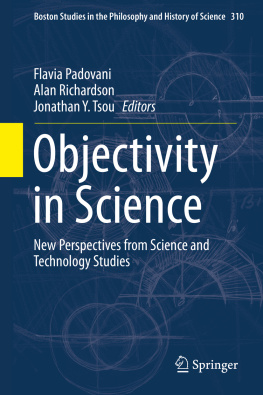
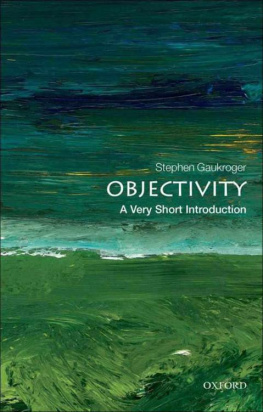
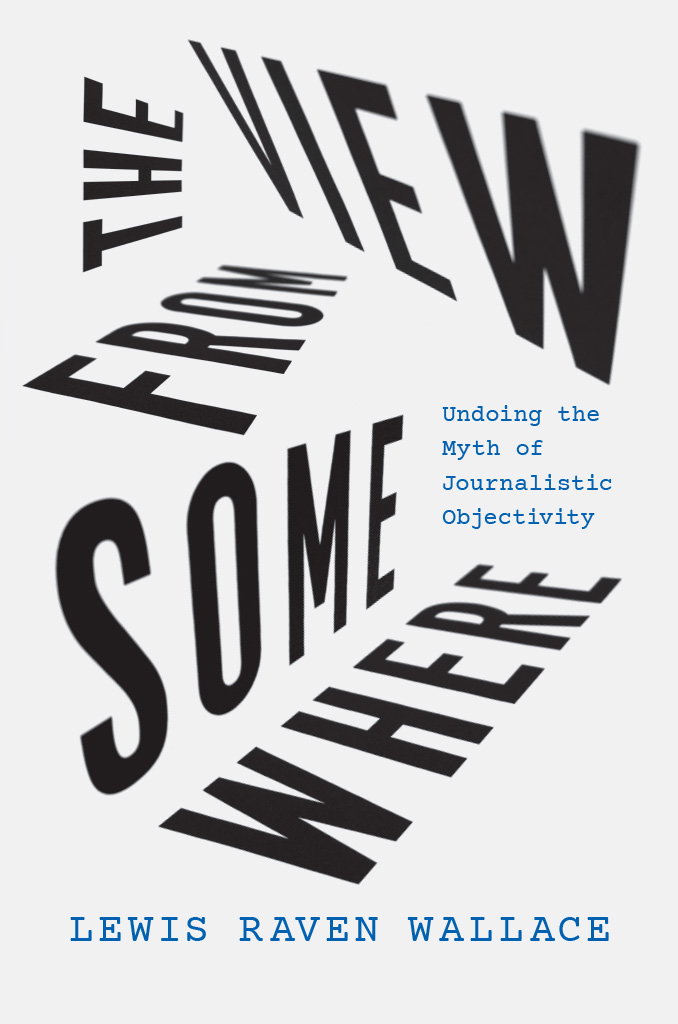
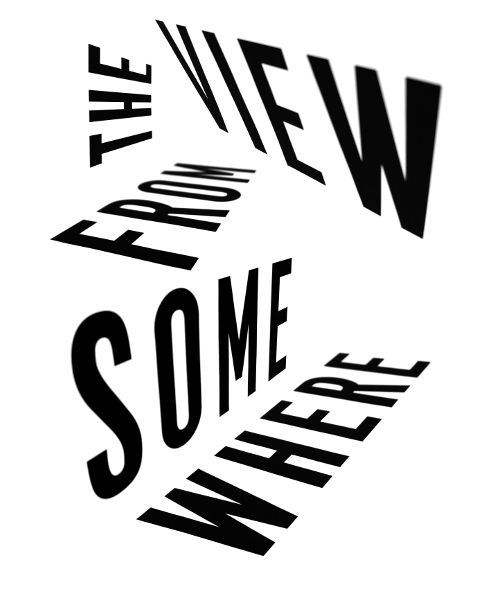
 This paper meets the requirements of ANSI/NISO Z39.48-1992 (Permanence of Paper).
This paper meets the requirements of ANSI/NISO Z39.48-1992 (Permanence of Paper).